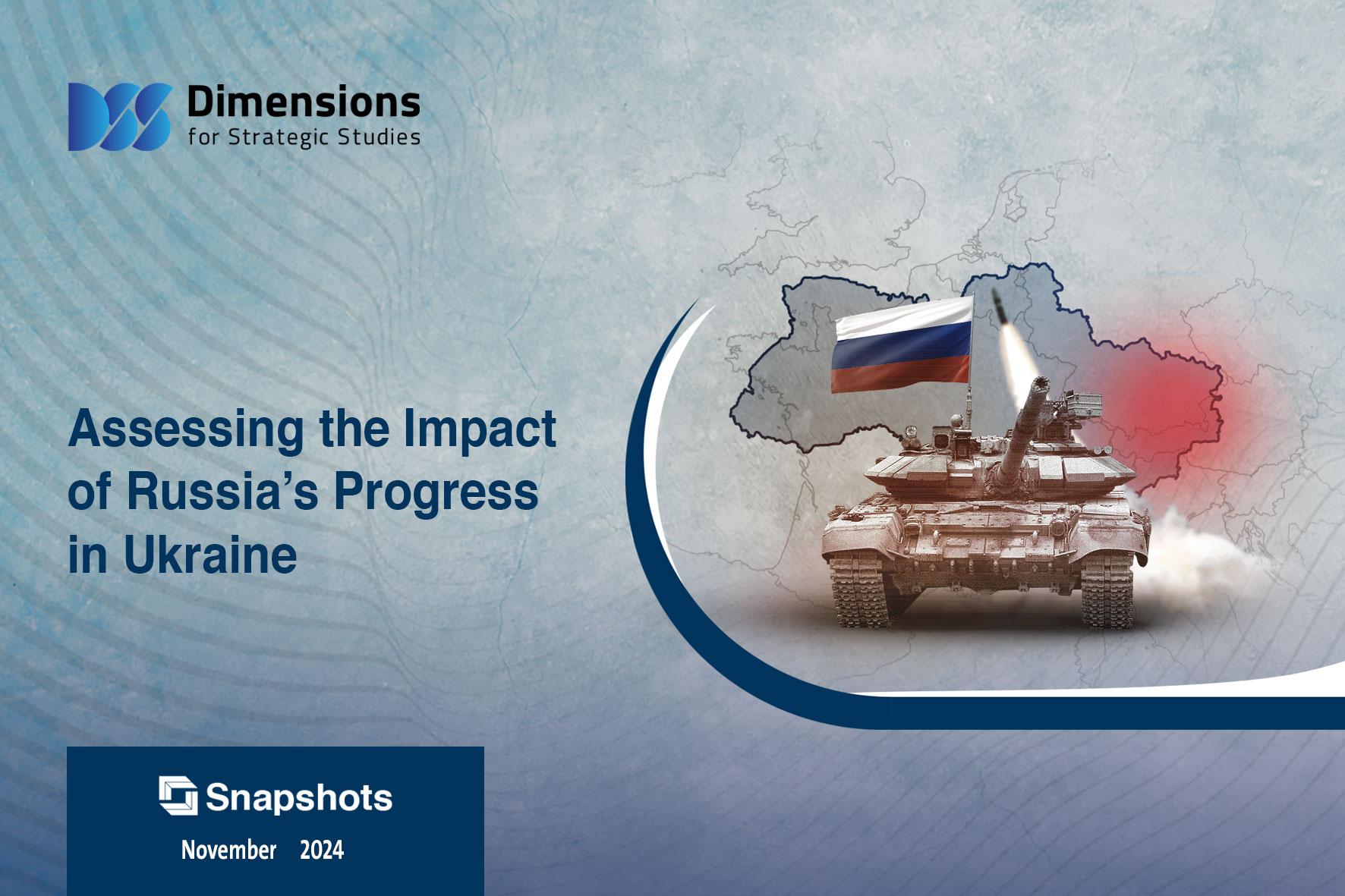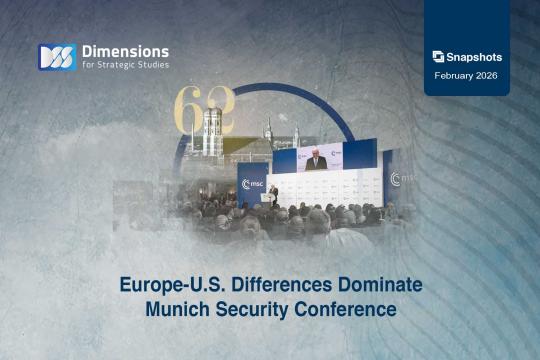
Assessing the Impact of Russia’s Progress in Ukraine
2024-11-255151 view
Russia made major gains on the battlefield in November against Ukraine, which admitted that it had lost nearly 40 percent of the territory it had controlled in the Russian region of Kursk, an area it had seized months earlier in a surprise summer offensive.
In parallel with operations to retake the province, where Russia have deployed thousands of soldiers, Russian forces continue to advance in the Donbass region of eastern Ukraine, taking control of the town of Novoselidivka, near Kramatorsk.
Russia’s military operations have taken on new momentum since it deployed an estimated 10,000 North Korean troops in battles on the Kursk front, equipped with including drones and precision missiles.
NATO appears to be attempting to hobble the North Korean-assisted Russian offensive by allowing Ukraine to use long-range missiles against targets deep inside Russia. This has prompted Moscow to escalate yet further by introducing amendments to its nuclear doctrine, enabling it to deploy nuclear weapons, among other options, in response to Ukraine’s use of Western missiles against Russian territory.
Russian likely sees the Western green light for Ukraine to use long-range missiles as a way of applying pressure, rather than indicating a desire on the part of the West to expand the conflict further. This is especially true given leaks in mid-November about a Western proposal to end the war, which would include delaying Ukraine’s accession to NATO for 10 years and creating a demilitarized zone. These leaks appeared after Russia brought North Korea into the conflict, increasing the risks of a world war, something the West wishes to avoid.
It appears, then, that Russia is focusing its efforts on seizing more territory in order to go into any potential negotiations from a position of strength, and to achieve the maximum possible gains before any ceasefire agreement is reached. This has taken on added urgency given the imminent return of President Donald Trump, who has promised to end the war in Ukraine. Moscow has not hidden its optimism that it can make a deal with Trump, having experience of dealing with him during his first presidential term.





